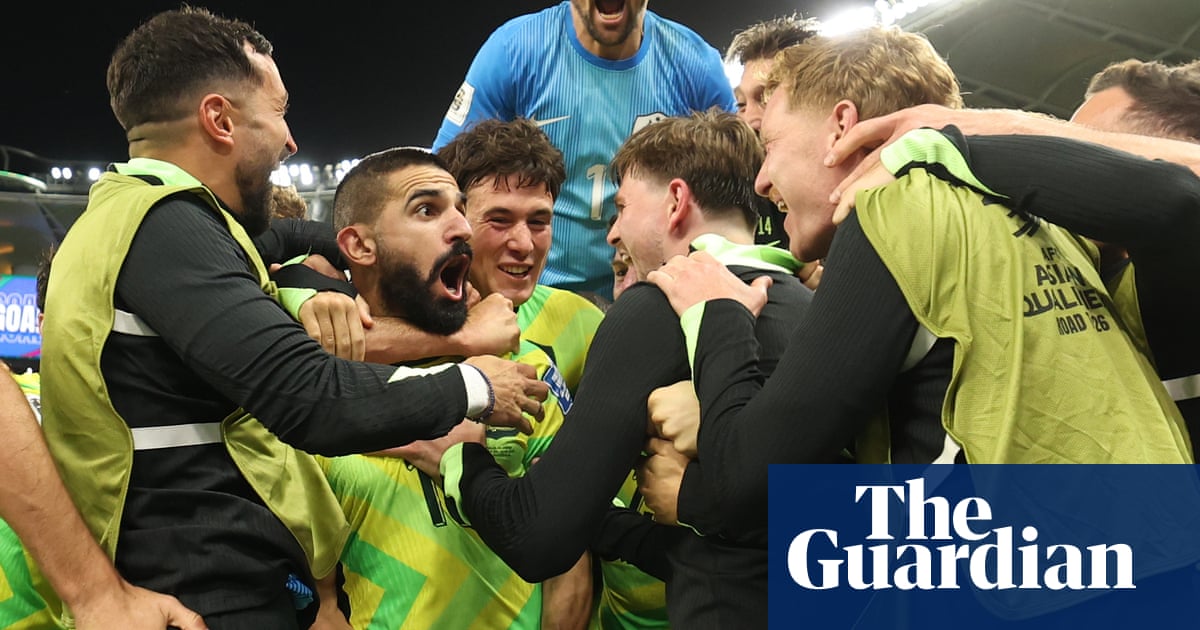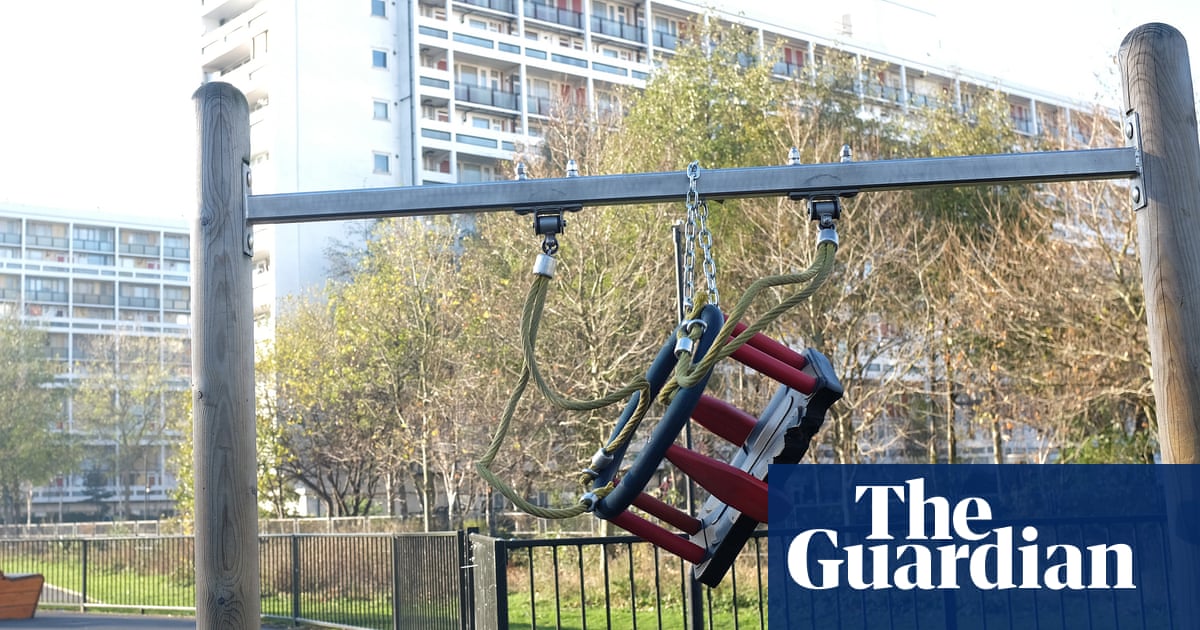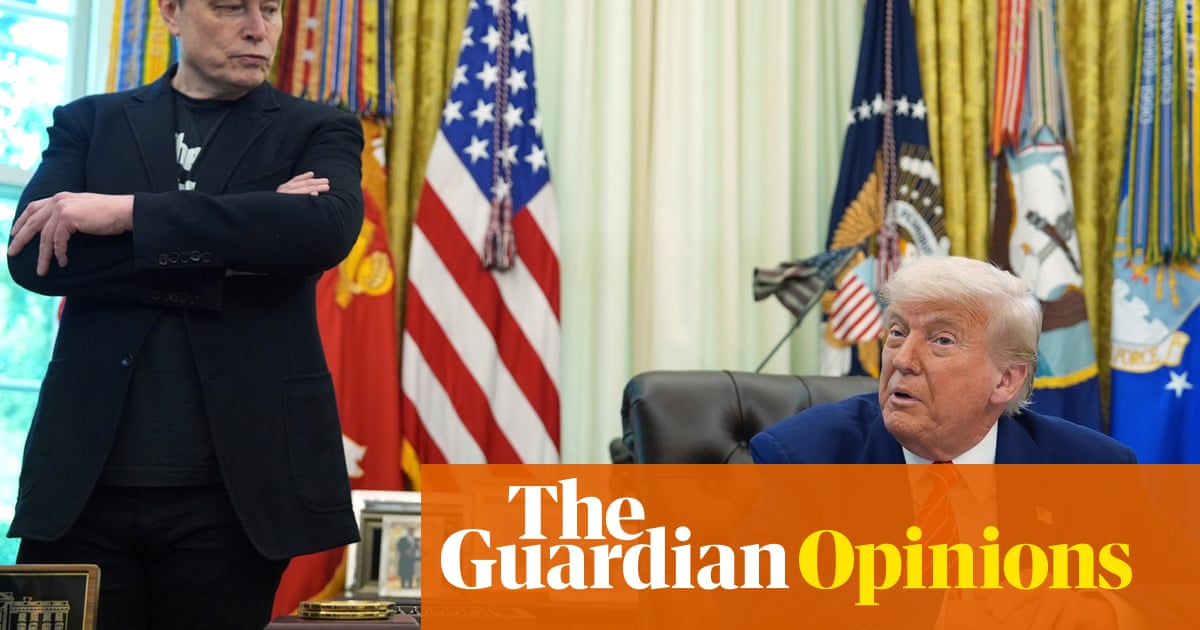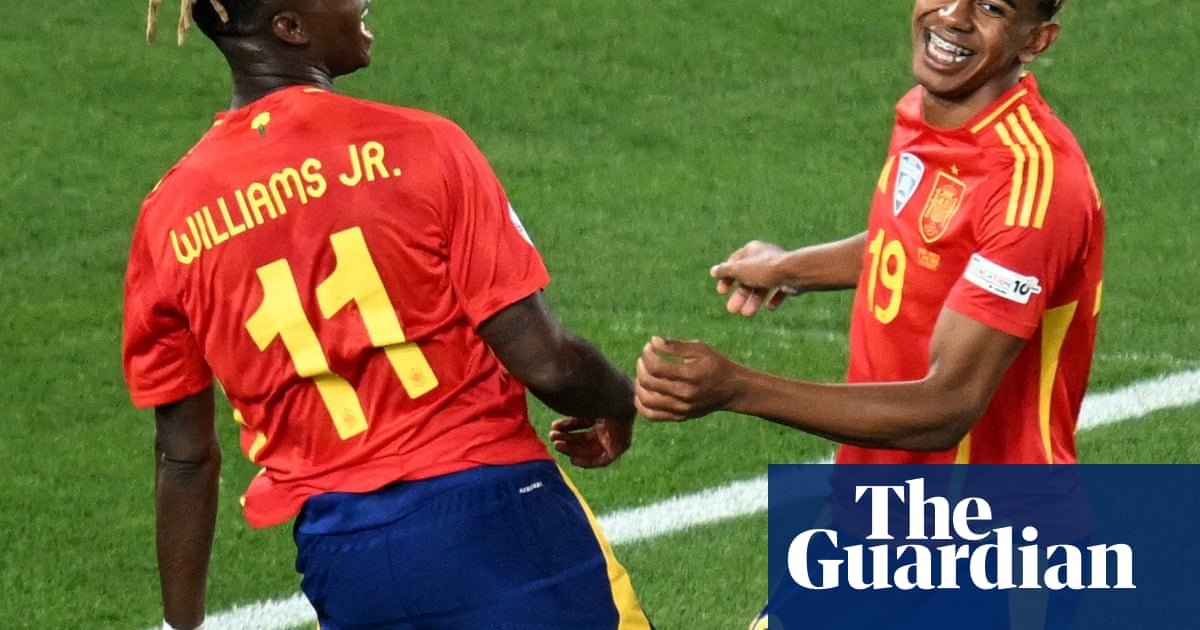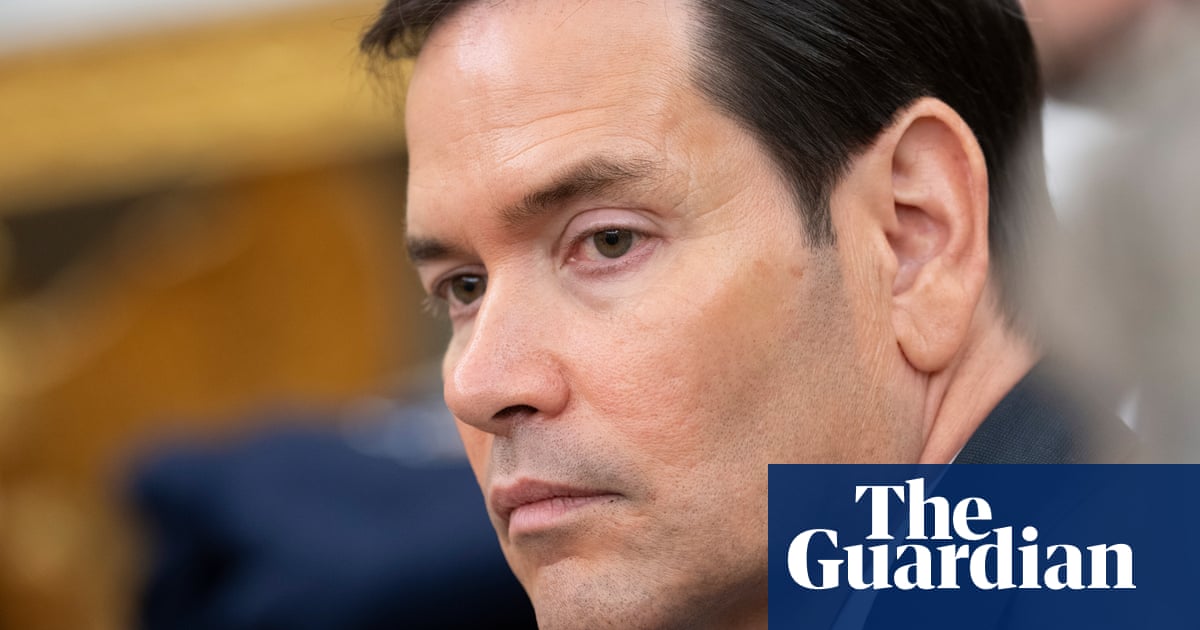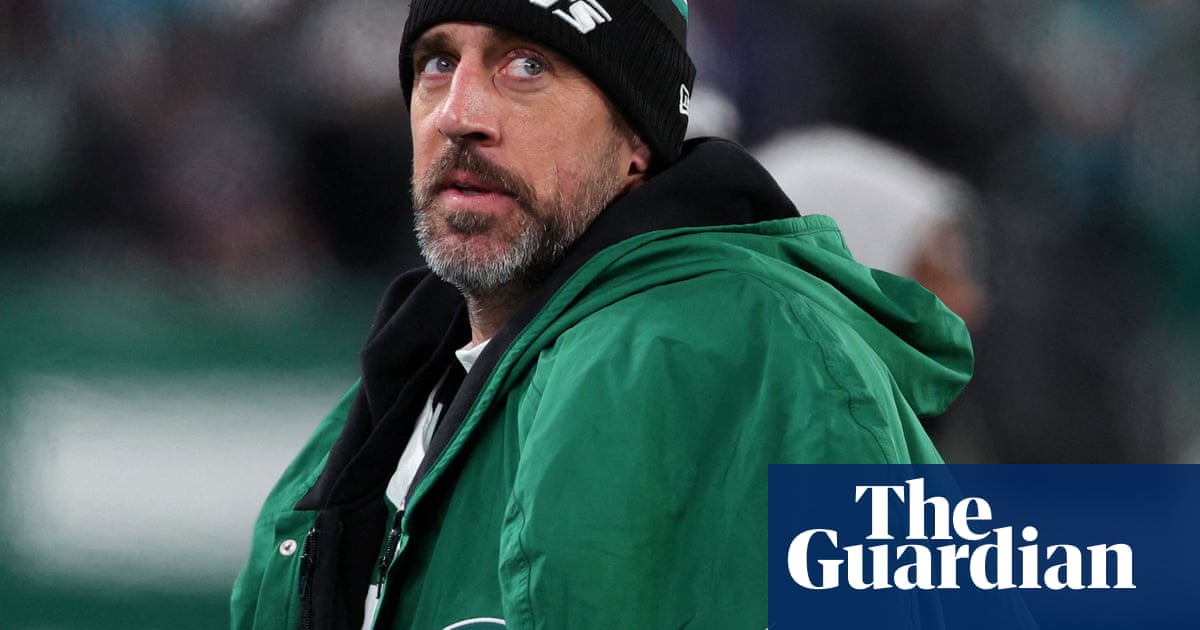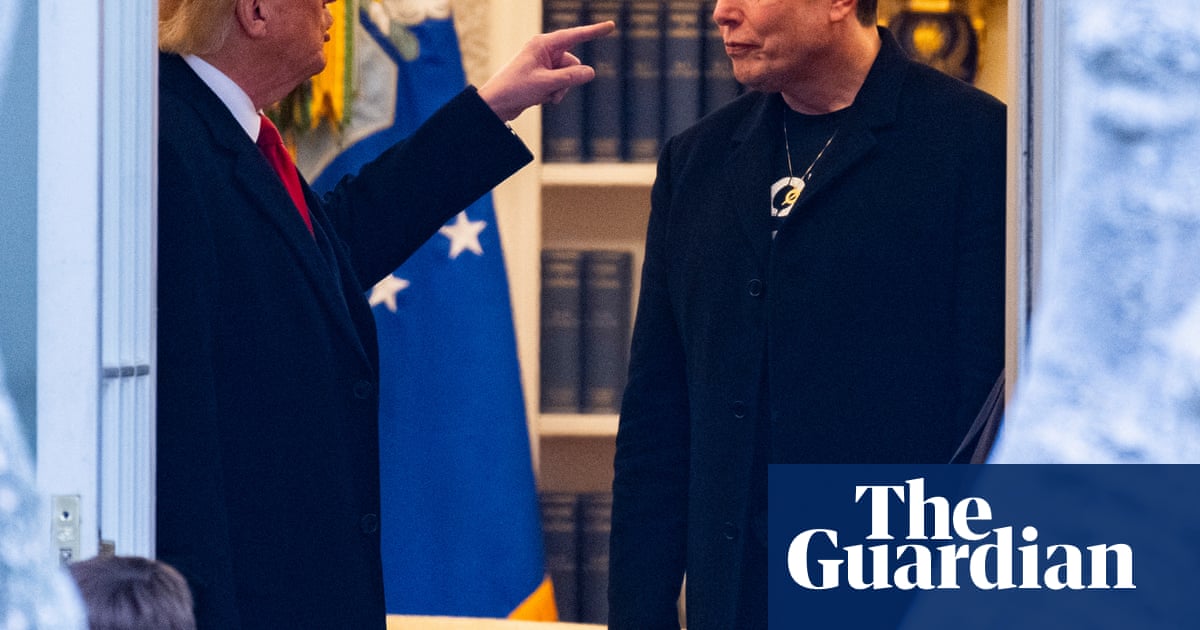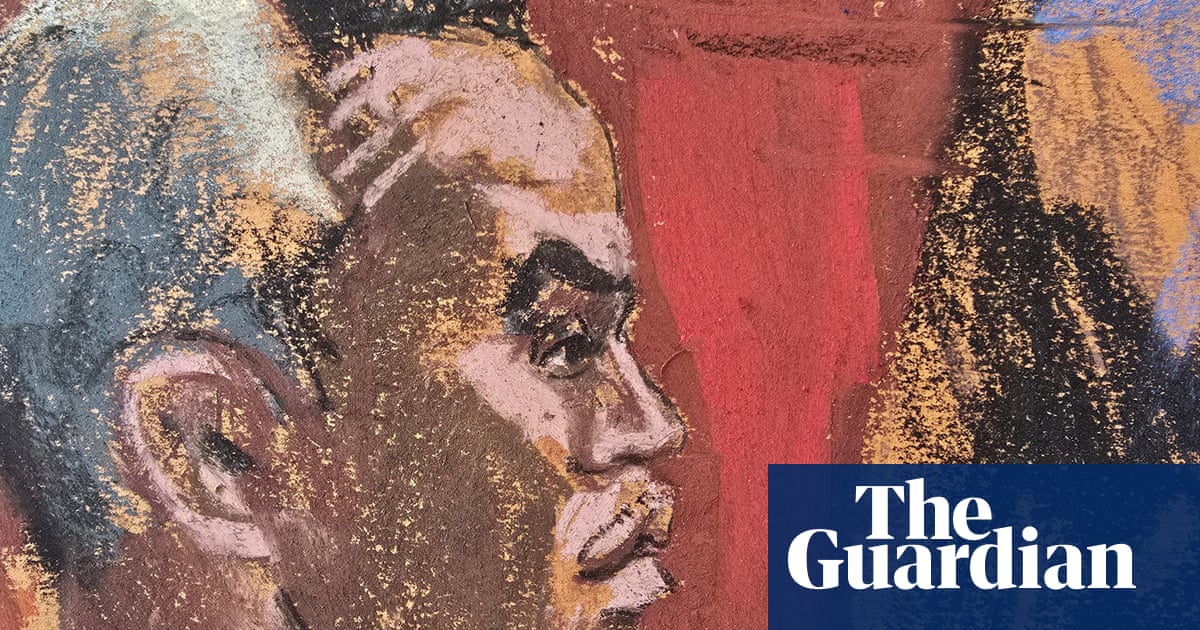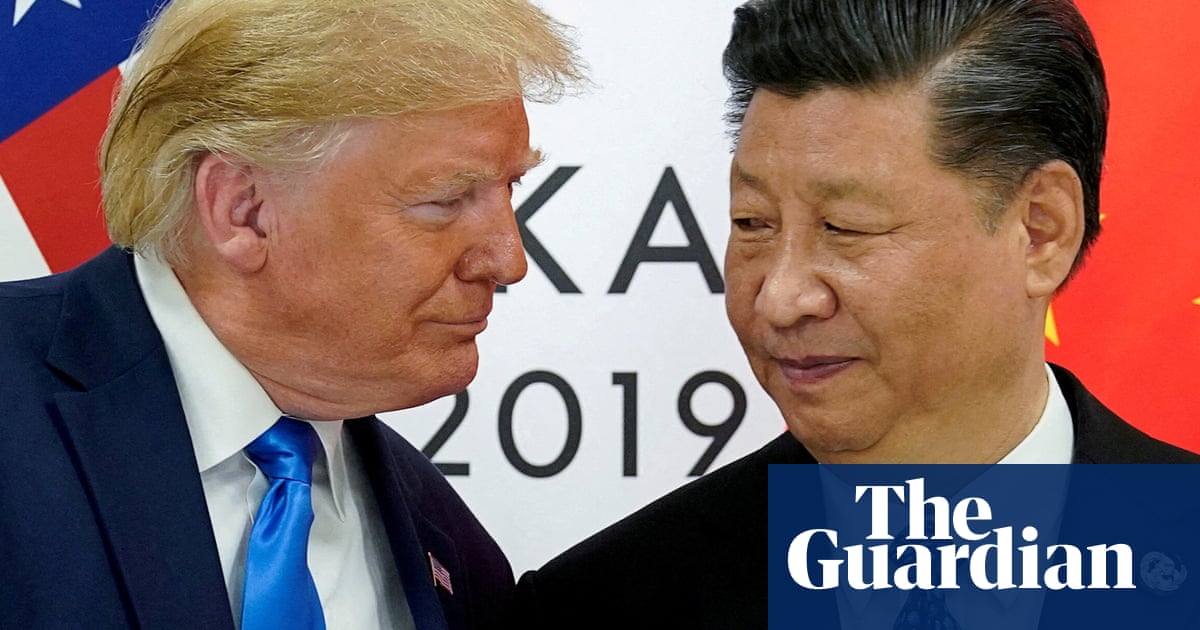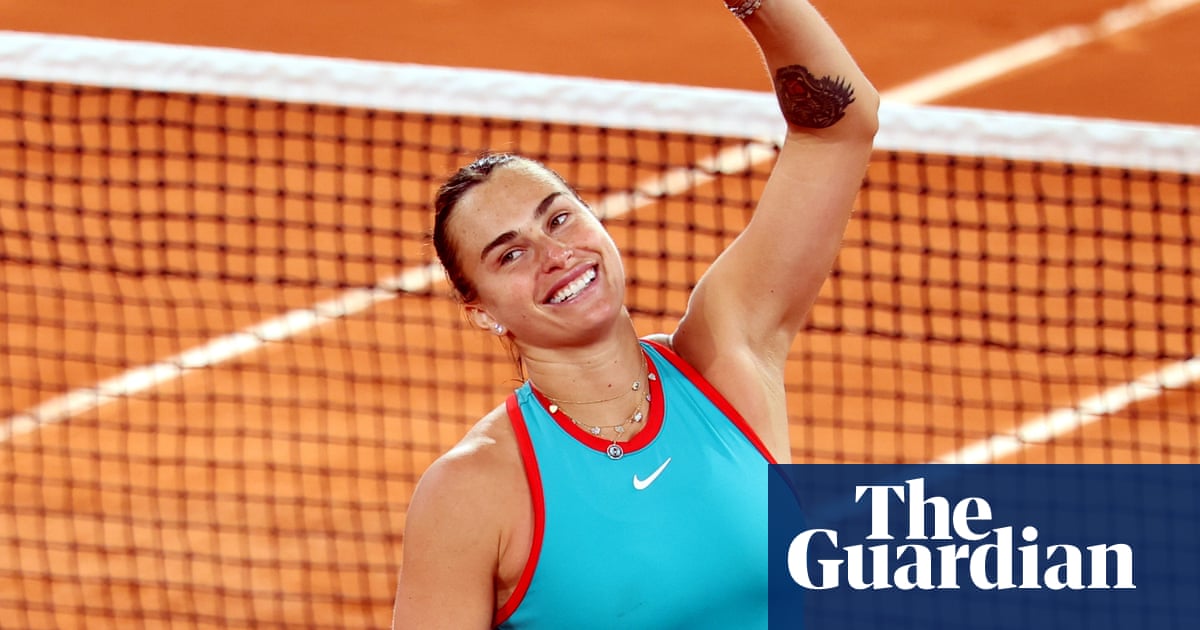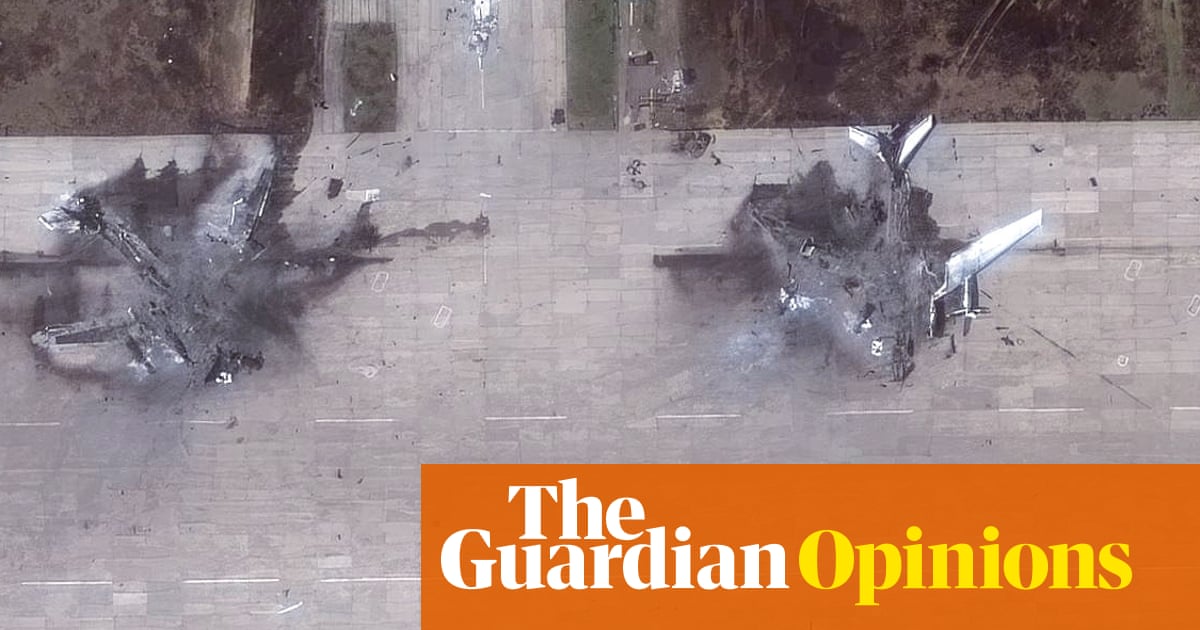A decade after the arrests of seven of its senior officials on corruption charges, Fifa is “arguably more poorly governed today than it was 10 years ago”, figures from across the world of football have argued in an open letter to the organisation.
The anniversary of the arrests at the Baur au Lac hotel in Geneva has prompted non-governmental organisations, legal figures, academics and supporter groups to call on Fifa to “address the key structural flaws” at the root of many of its governance problems, “most notably the deeply problematic power dynamic between the organisation’s executive branch and its member associations”.
The letter notes that while Fifa “redistributes a large proportion of the revenue it generates” to its member associations and confederations, “there is little verifiable evidence to show that the primary impact of this redistribution has been the development of the game, and considerable evidence to suggest its main purpose has been to ensure the loyalty and allegiance of member associations”. Such a model “disincentivises ethical conduct”, the letter says, and “precludes effective internal reform”.
Gianni Infantino, the Fifa president, promised widespread changes to the body’s practices when he was elected into the role following the Baur au Lac arrests and the resignation of the former president Sepp Blatter. “We enter now a new era,” Infantino said in 2016. “We’ll restore the image of Fifa and make sure everybody will be happy with what we do.”
Instead, in 2025 there is discontent among stakeholders and outside observers over the way the world’s most popular sport is being run. “It is time to recognise that these reforms have failed to usher in a new era of responsible governance at Fifa and that the organisation is structurally unfit to govern world football,” the letter reads. “Fifa is arguably more poorly governed today than it was 10 years ago.”
The letter goes on to cite the Club World Cup this summer and its impact on the fixture calendar, the decision to grant the 2034 World Cup to Saudi Arabia despite the country’s human rights abuses and the opacity of executive decision making, as examples of concerning trends.
“This statement demonstrates not only the rank failure of the reforms enacted under the presidency of Gianni Infantino, but also the breadth of expert opposition to and frustration with Fifa’s dysfunctional governance model,” said Nick McGeehan, the co-director of human rights advocacy group FairSquare, which coordinated the letter.
Bonita Mersiades, one of a group of whistleblowers to expose malfeasance in Fifa in the previous decade, said the culture had not changed in the intervening years. “I was on the inside during the Blatter era, where wrongdoing was out in the open and the need for reform was not understood and certainly not welcome,” said Mersiades, a signatory to the letter. “The 2015 raids were a reckoning. But 10 years on, while there may be process and policy in place under Gianni Infantino, the culture remains the same. And when it comes to process versus culture, culture wins every time. True reform demands more than new systems – it requires new values. We’re not there yet.”
In a statement a Fifa spokesperson said: “A few weeks ago, the very same authorities that had to intervene [against] Fifa in 2015 – the US attorney general and FBI director – travelled to our offices in Miami, to meet Fifa leadership and work together as a highly respected partner.
“The 2015 scandal marked a turning point for the organisation, allowing a new Fifa to emerge. Thanks to the intervention of the US authorities back in 2015, we have been able to fundamentally change Fifa from a toxic organisation at the time, to a respected and trusted global sports governing body focusing on its mandate to develop football all around the world.”
Fifa points to internal reforms around financial governance, positive assessments by the Association of Summer Olympic Federations as to their transparency and good governance, and a sevenfold increase in investment in football development around the world as among the positive changes made by the organisation in the past decade.

 1 week ago
27
1 week ago
27
